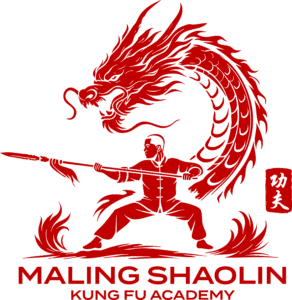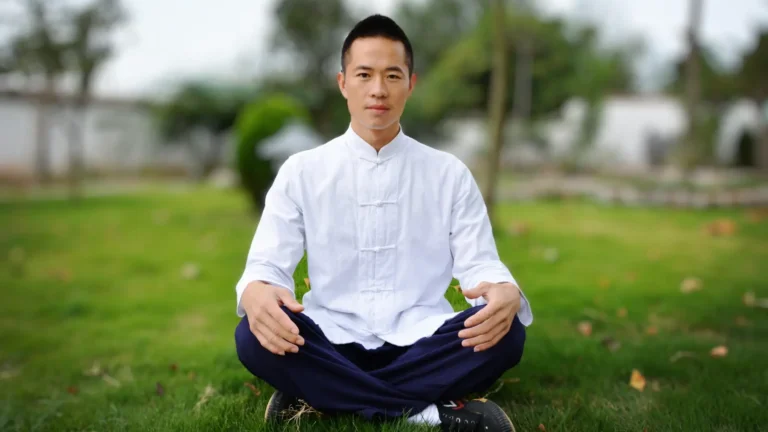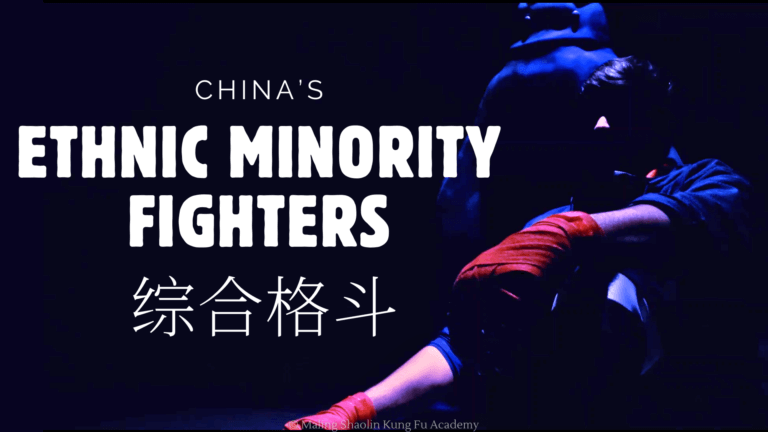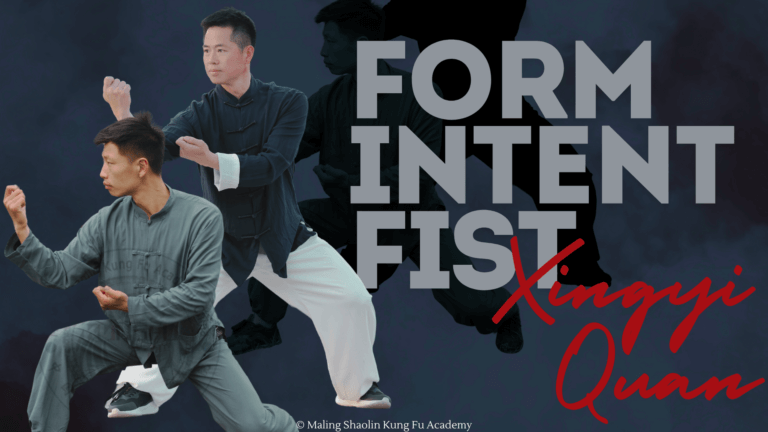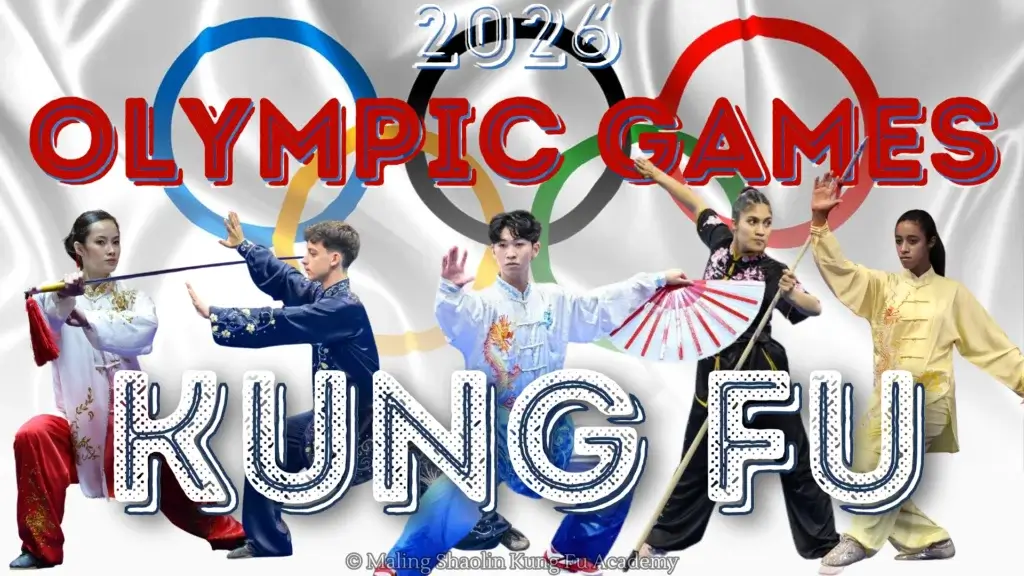
Wushu in the Olympics: Overview and Details
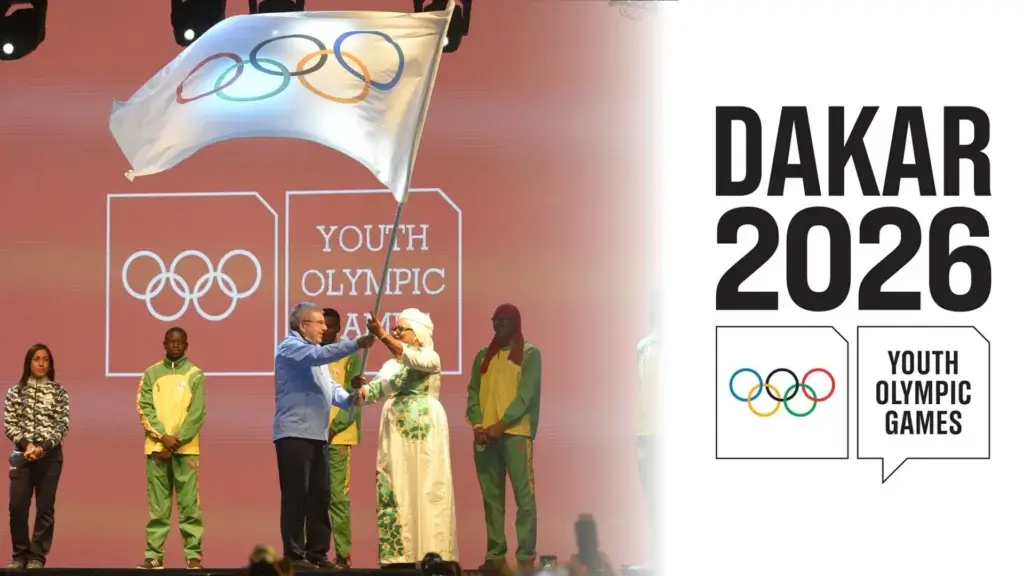
Wushu, a martial art often referred to as Chinese kung fu, has made a significant step toward global recognition by being included as an official sport in the Dakar 2026 Youth Olympic Games (YOG). This marks a historic moment for the sport, as it had been a demonstration event in previous Olympics but never a medal event. The decision to include wushu was influenced by its global appeal, especially among youth, and its strong representation in diverse countries (China Daily) (Kung Fu Wushu Australia).
Event Structure and Competition Rules
In the Dakar 2026 YOG, wushu will feature four medal events: men’s and women’s changquan (a northern-style martial art known for its extended movements) and men’s and women’s tai chi (a more internal and meditative form). A total of 48 athletes will compete, showcasing both the sport’s dynamic and philosophical elements. The inclusion of these events aims to highlight wushu’s comprehensive nature, combining athleticism with cultural depth (China Daily).
History and Inclusion Process
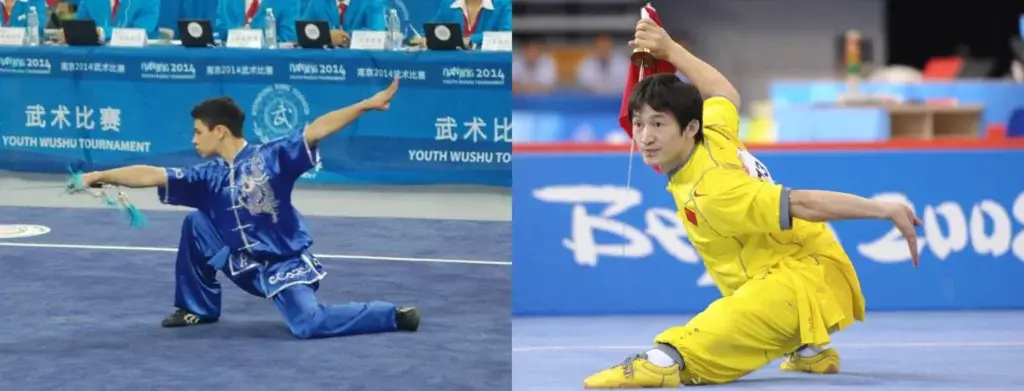
Wushu’s journey to the Olympics has been long and challenging. The International Wushu Federation (IWUF) first applied for inclusion in 2001 and made multiple bids, including for the 2020 Tokyo Olympics. Despite falling short in previous attempts, wushu’s appearance as an exhibition sport in events like the 2008 Beijing Olympics and the 2014 Nanjing Youth Olympics helped bolster its profile. The IOC’s decision to include wushu in the YOG reflects its recognition of the sport’s global appeal and cultural significance (China Daily) (Kung Fu Wushu Australia).
Global Impact and Future Prospects
The inclusion of wushu in the YOG is seen as a major milestone for the sport, potentially leading to further recognition in future Olympic Games. This setting will serve to test international interest, recognition, and participation for the Olympic sport to determine whether it will be included as part of the regular competition in the 4-Year Olympic Games (XinhuaNet).
The IWUF continues to promote wushu worldwide, with a particular focus on youth engagement and cultural exchange. This global push not only aims to increase participation in the sport but also to foster a better understanding of Chinese culture and philosophy (Kung Fu Wushu Australia).
As wushu prepares for its Olympic debut, the IWUF and other stakeholders are working to refine the rules and standards to align with Olympic values. This initiative is expected to enhance the sport’s appeal and accessibility, ensuring that wushu can shine on the global stage and inspire a new generation of martial artists (China Daily) (Kung Fu Wushu Australia).
